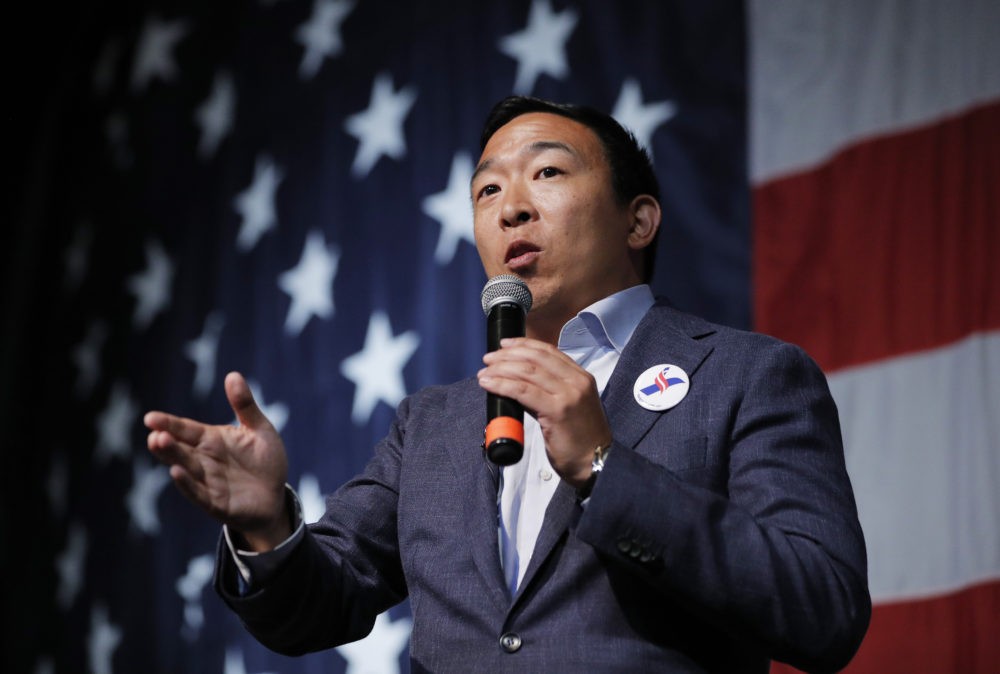
One of the most exciting stories in the 2020 presidential race was Andrew Yang's insurgent campaign that catapulted him from relative obscurity into the national spotlight. As the leader of a burgeoning movement of "Yang Gangers," Yang surpassed the expectations of many by outlasting sitting senators and former governors. His signature campaign proposal was to give all Americans a monthly universal basic income of $1,000, in response to widespread job losses due to technology and automation. Prior to this, Yang was better known as a businessman, lawyer, and philanthropist whose entrepreneurial endeavors led him to establish the nonprofit Ventures for America (VFA), which connects young professionals to innovative companies in economically challenged cities.
Before Yang's meteoric rise, he was just another college kid at Brown University, concentrating in economics and political science. While Yang was a good student, there is nothing in his undergraduate years to suggest the grand successes he'd later achieve. As an undergrad, his life revolved around three activities: Taekwondo, working out, and playing video games. Yang said his proudest accomplishment was bench-pressing 225 pounds eight times in a row. "If the above description makes me sound like a fairly unremarkable student at Brown," he wrote retrospectively, "that's about right."
Over the years, the former presidential candidate has stayed close with the place that kickstarted his journey. Notably, Brown regularly hosts Yang's VFA's five-week summer training, which brings the new class of fellows to campus to prepare them for their new jobs. The camp includes an intensive schedule of lectures and exercises by industry experts.
In addition, Yang also has a long-standing tradition of participating in forum events at Brown. In 2015 he showed up on the historic College Hill campus to explain to students how his VFA model allows for experiential learning with less personal risk, with the ultimate goal being that students start their own businesses. Most recently, on the heels of his presidential candidacy, Yang has participated in several virtual events hosted by Brown where he's discussed wide-ranging topics such as artificial intelligence, the 2020 election, climate change, and the future of automation.
Earlier this year, speaking to current students, the 1996 Brown graduate elaborated on his strong connection with his alma mater, "I firmly believe Brown University produces good people, and what we need right now more than anything is good people... You are the shining light in terms of the future hope for the country."
Since he withdrew from the presidential race in February, Yang has devoted much of his time to continuing to promote the political and social changes that characterized his bid for the White House. Drawing on what he learned at Brown, Yang emphasizes the need to offer opportunities at all ends of the economic spectrum in a rapidly changing economy. Indeed, his ties to his alma mater, and the friendships he made as an undergraduate, are laced throughout his career as an entrepreneur and groundbreaking political candidate.
